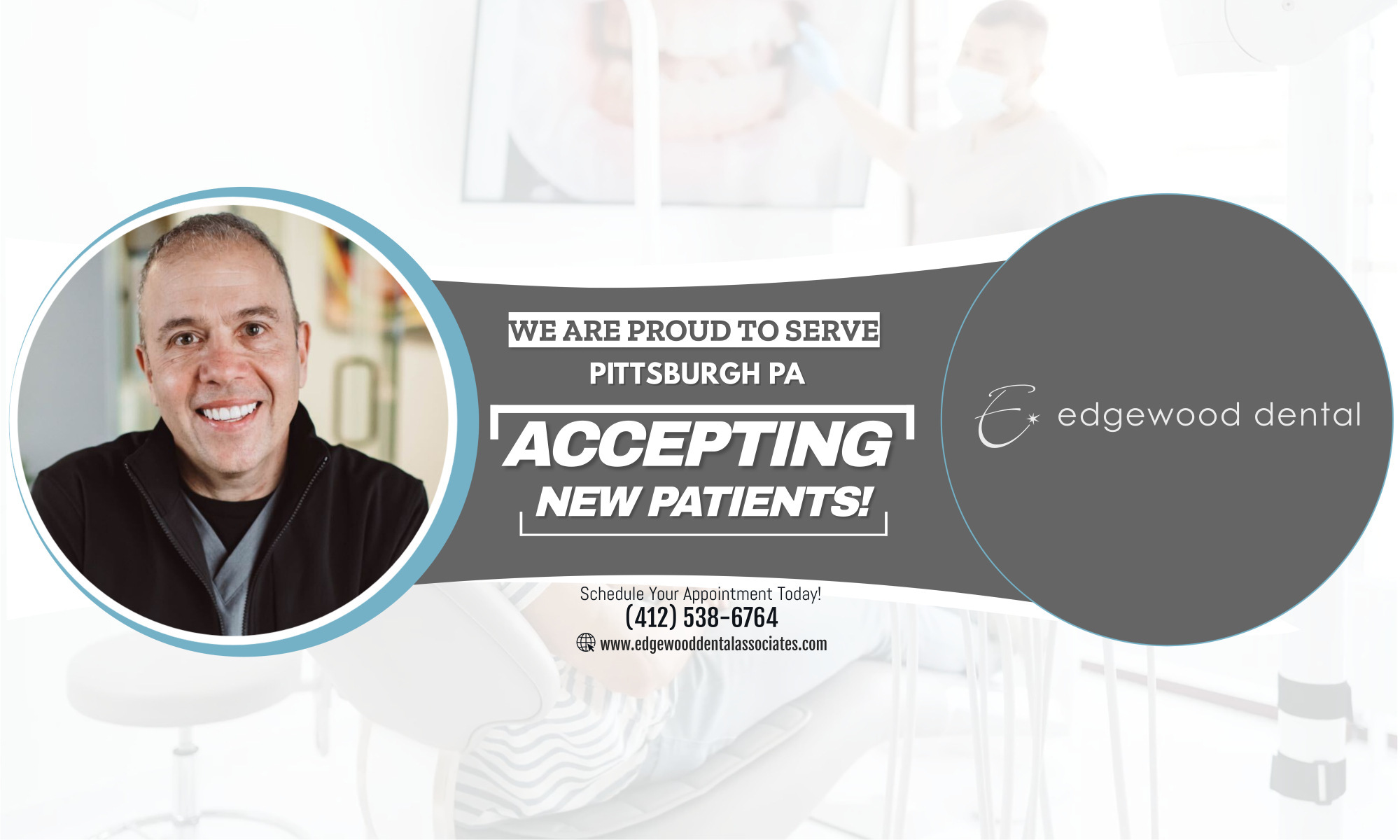A newly born baby usually has no teeth visible but most have begun to develop primary or baby teeth.
These generally begin to appear about six months after birth.
Over their first few years, they will develop all 20 primary teeth and will usually have them all in place by age three.
The teething process is uncomfortable for many babies and they can become sleepless and irritable. They also might lose their appetite or drool more than usual.
If your infant has a fever or diarrhea while teething or continues to be cranky and uncomfortable, call your physician.
Sometimes when a tooth erupts, an eruption cyst may develop. The tooth will eventually rupture this as it pushes through the gums and these cysts are usually harmless and should be left alone.
If a baby has sore or tender gums when they are teething, it can help to gently rub the gum with a clean finger, a small, cool spoon or a wet gauze pad.
When this happens, your dentist or pediatrician may suggest a pacifier, teething ring or a special numbing salve for the gums.
When the teeth begin to erupt, you should brush them with a soft-bristled toothbrush and a little water to prevent tooth decay.
Toothpaste is not recommended until a child reaches age two. When a child begins using toothpaste, you need to supervise the brushing to make sure they don’t swallow it.
Regular dental checks should begin after your child’s first tooth appears or by their first birthday.
